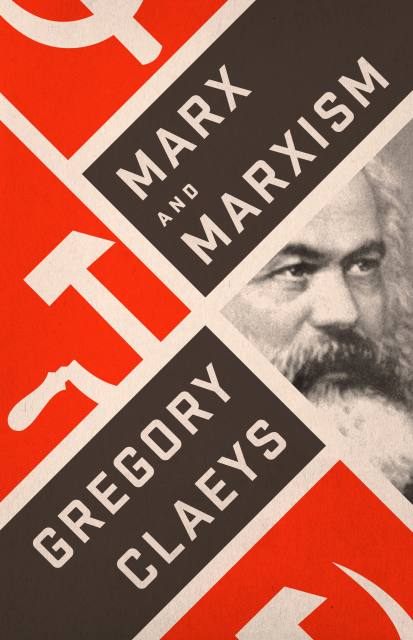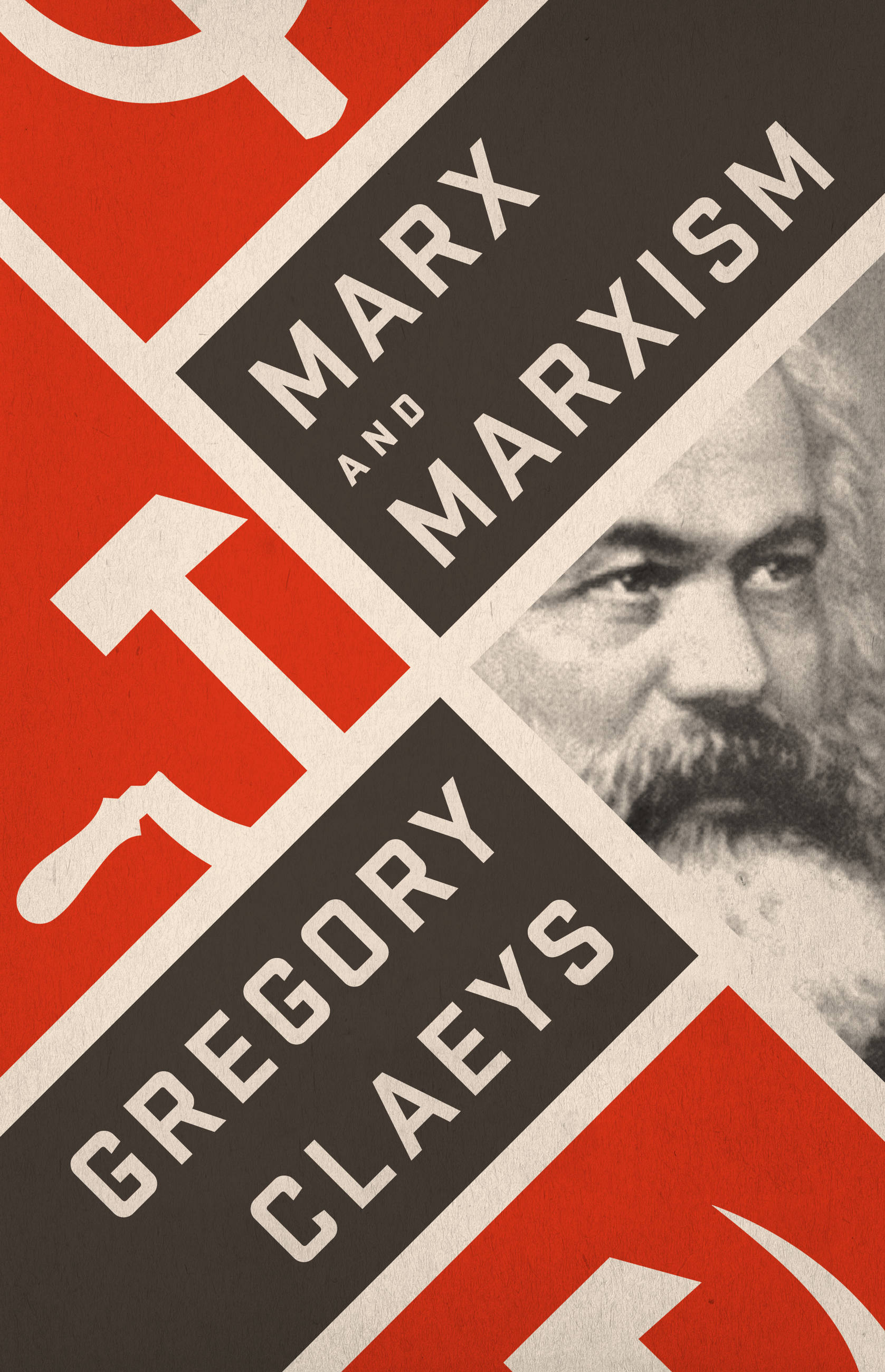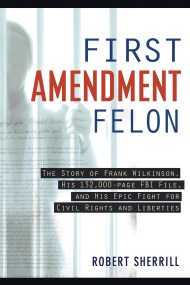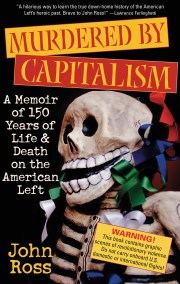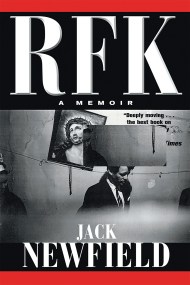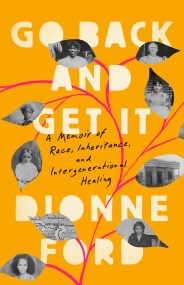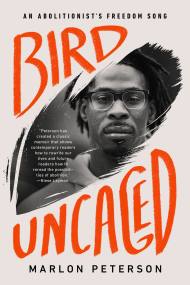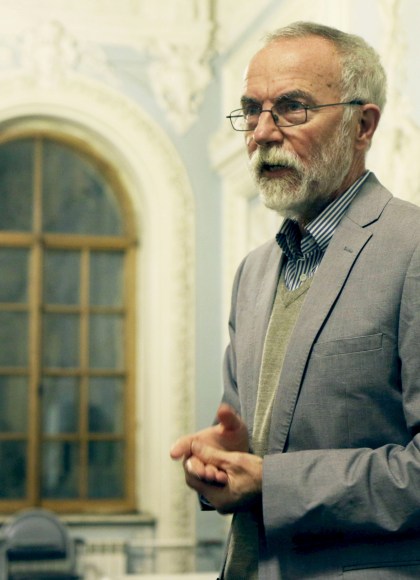Promotion
Use code MOM24 for 20% off site wide + free shipping over $45
Marx and Marxism
Contributors
Formats and Prices
Price
$16.99Format
Format:
- ebook $16.99
- Hardcover $27.00
- Audiobook Download (Unabridged)
This item is a preorder. Your payment method will be charged immediately, and the product is expected to ship on or around April 24, 2018. This date is subject to change due to shipping delays beyond our control.
Also available from:
Karl Marx remains the most influential and controversial political thinker in history. He died quietly in 1883 and a mere eleven mourners attended his funeral, but a year later he was being hailed as “the Prophet himself” whose name and writings would “endure through the ages.” He has been viewed as a philosopher, economist, historian, sociologist, political theorist, even a literary craftsman. But who was Marx? What informed his critiques of modern society? And how are we to understand his legacy?
In Marx and Marxism, Gregory Claeys, a leading historian of socialism, offers a wide-ranging, accessible account of Marx’s ideas and their development, from the nineteenth century through the Russian Revolution to the present. After the collapse of the Soviet Union his reputation seemed utterly eclipsed, but now a new generation is reading and discovering Marx in the wake of the recurrent financial crises, growing social inequality, and an increasing sense of the injustice and destructiveness of capitalism. Both his critique of capitalism and his vision of the future speak across the centuries to our times, even if the questions he poses are more difficult to answer than ever.
Genre:
- On Sale
- Apr 24, 2018
- Page Count
- 384 pages
- Publisher
- Bold Type Books
- ISBN-13
- 9781568588964
Newsletter Signup
By clicking ‘Sign Up,’ I acknowledge that I have read and agree to Hachette Book Group’s Privacy Policy and Terms of Use
